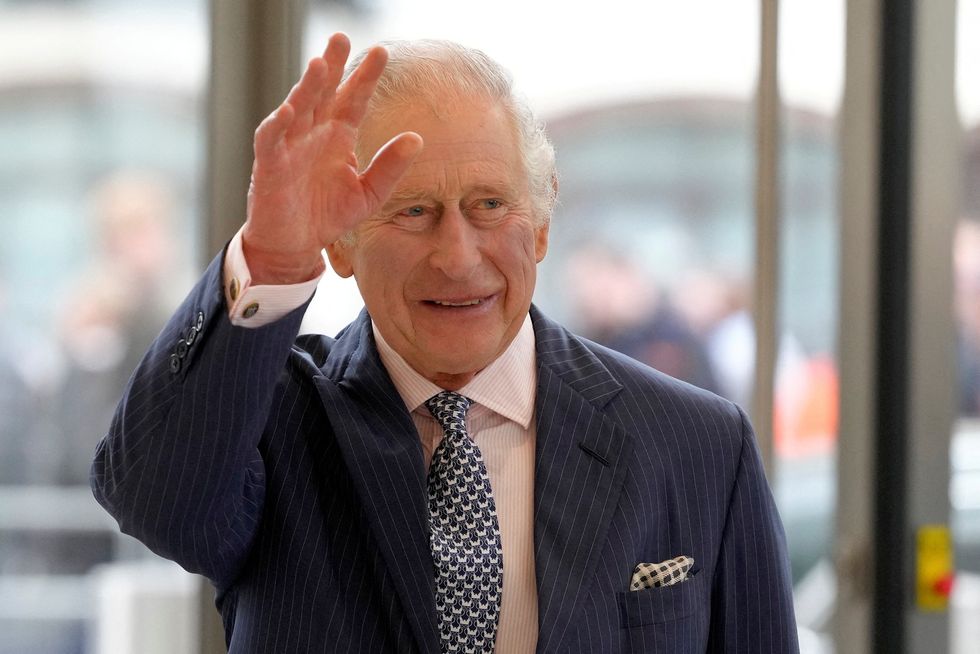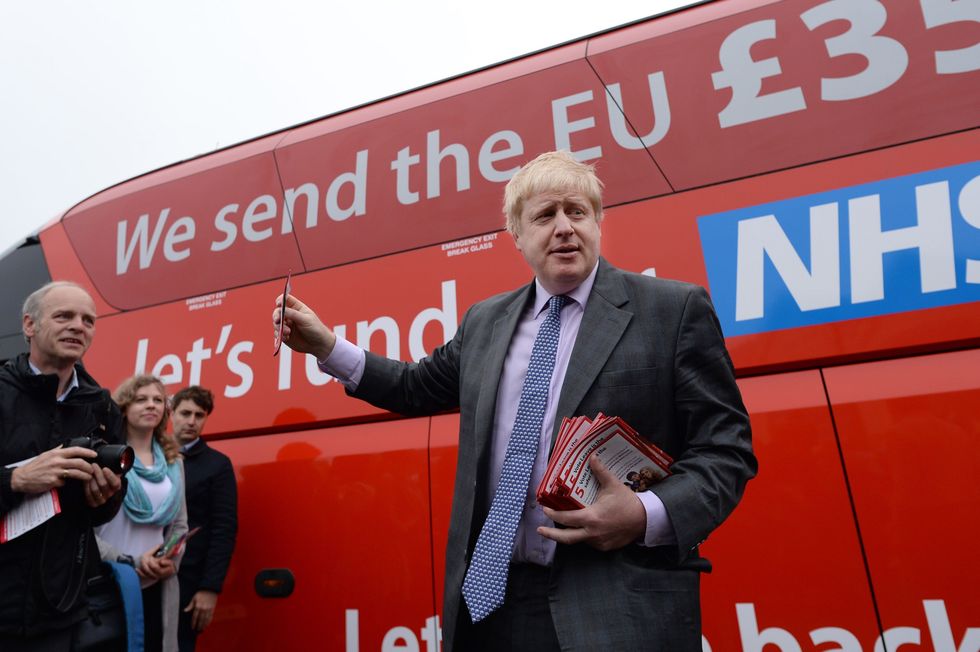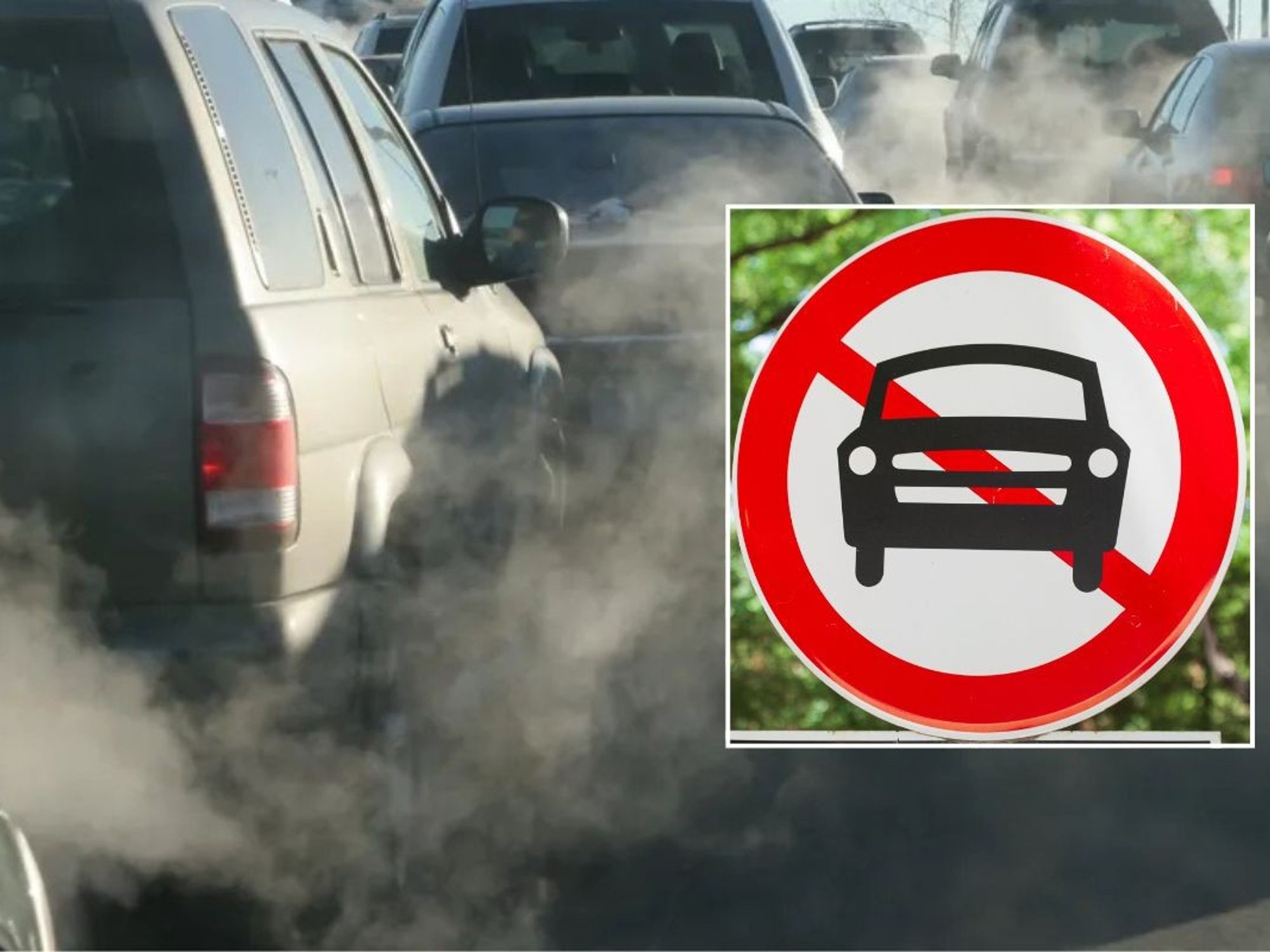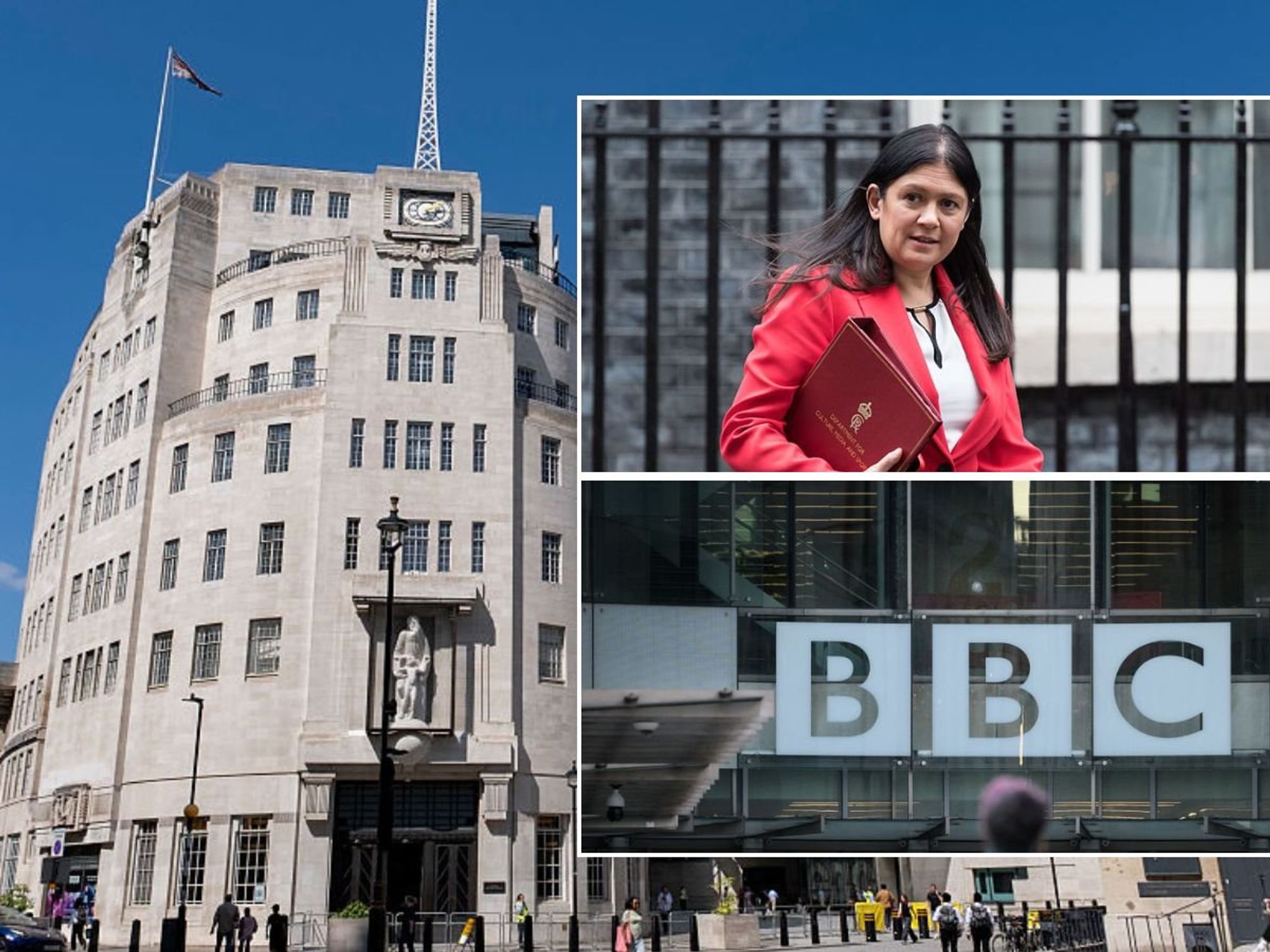Brexit was Britain's most democratic vote - but our electoral system is in a mess, says Nigel Nelson

'It’s at times like these it seems our democracy is all over the place. And that’s because it is.'
| GB News
For those who say our constitution now needs a fundamental overhaul, be careful what you wish for
Don't Miss
Most Read
Latest
If you are a postal voter with local elections in your area on May 4, ballot papers should be dropping through your letter boxes about now. Mine has six candidates on it from two political parties and I can vote for any three of them. Which means I can put my crosses against both parties standing.
Weird, huh? It’s at times like these it seems our democracy is all over the place. And that’s because it is.
Two days after we have chosen our local councillors democratically we can sit down with GB News to watch our new head of state being crowned.
He has not had to canvass for a single vote to get the job, and we get no say over the most important constitutional post in the land. Not very democratic.

King Charles has become Head of State without a single vote to his name
| ReutersClergy have a right to sit as legislators in Parliament, with 26 Church of England bishops not of our choosing in the House of Lords able to make the laws which govern us. And the only other place in the world that happens is Iran which is not the most democratic place on earth either.
The roles we do get to have a say in are filled by five different mind-bogglingly complicated voting systems.
Our MPs are decided by first-past-the-post which means if you are a Tory voter in a safe Labour seat or a Labour voter in a rock solid Tory one your vote will not make a blind bit of difference. General Elections can be decided by just 200,000 swing voters in marginal constituencies. That doesn’t mean voting is a waste of time and you should stay home. It’s not, because overall turnout matters. But it does mean some votes carry more weight than others.
On top of that the Supplementary Vote is used for mayors and crime commissioners, the Single Transferable Vote for the Northern Ireland Assembly and local councillors in Scotland, the Additional Member System for the Scottish Parliament and Welsh and London Assemblies and the Alternative Vote for Parliamentary positions such as Commons select committee chairs and Lords hereditary peers. It’s enough to make your head hurt.
In theory the one voting system in which every vote is equal is a referendum. Though the Scots may beg to differ as they voted 62 per cent to 38 per cent against Brexit but got lumbered with leaving the EU anyway. That strengthens the nationalist argument for IndyRef2. It is perhaps because the 2016 referendum felt so empowering that Brexit still causes such divisions today.
This week seven years ago I wrote: “My personal position on Europe is that we are better off in, though I don’t think it would be a disaster of we pulled out.” That remains my position now, although I do not believe Brexit should, or could, be reversed and we must make the best of it.
I voted Remain because I believed we would all be that little bit worse off outside the EU. But I respect leavers who felt British sovereignty - “taking back control” in Dominic Cummings’ brilliant slogan – was a price worth paying for that.

'I was appalled by the lies of both sides in the Brexit campaign'
|PA
Frankly, I was appalled by the lies of both sides in that campaign. From Boris Johnson’s £350million a week for the NHS nonsense on the side of his Brexit battlebus to then Chancellor George Osborne’s claim that leaving would put basic rate income tax up by 8p to 28 per cent. But I was impressed by how it galvanised the British people into exercising their democratic right.
There are those, especially in the Labour Party, who say our constitution now needs a fundamental overhaul. Be careful what you wish for.
Abolishing the House of Lords, doing away with a hereditary head of state or changing our complex voting systems would cause unintended consequences the dangers of which we cannot know.
Unlike France, America and Russia the British constitution is the product of 1,000 years of evolution not revolution. We should keep it evolving, but slowly - as is the British way.










